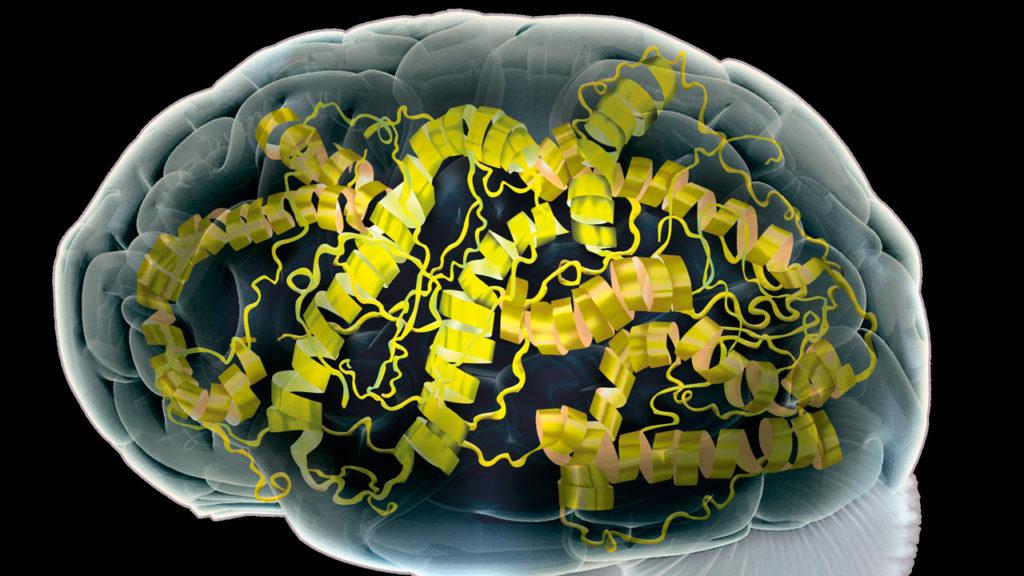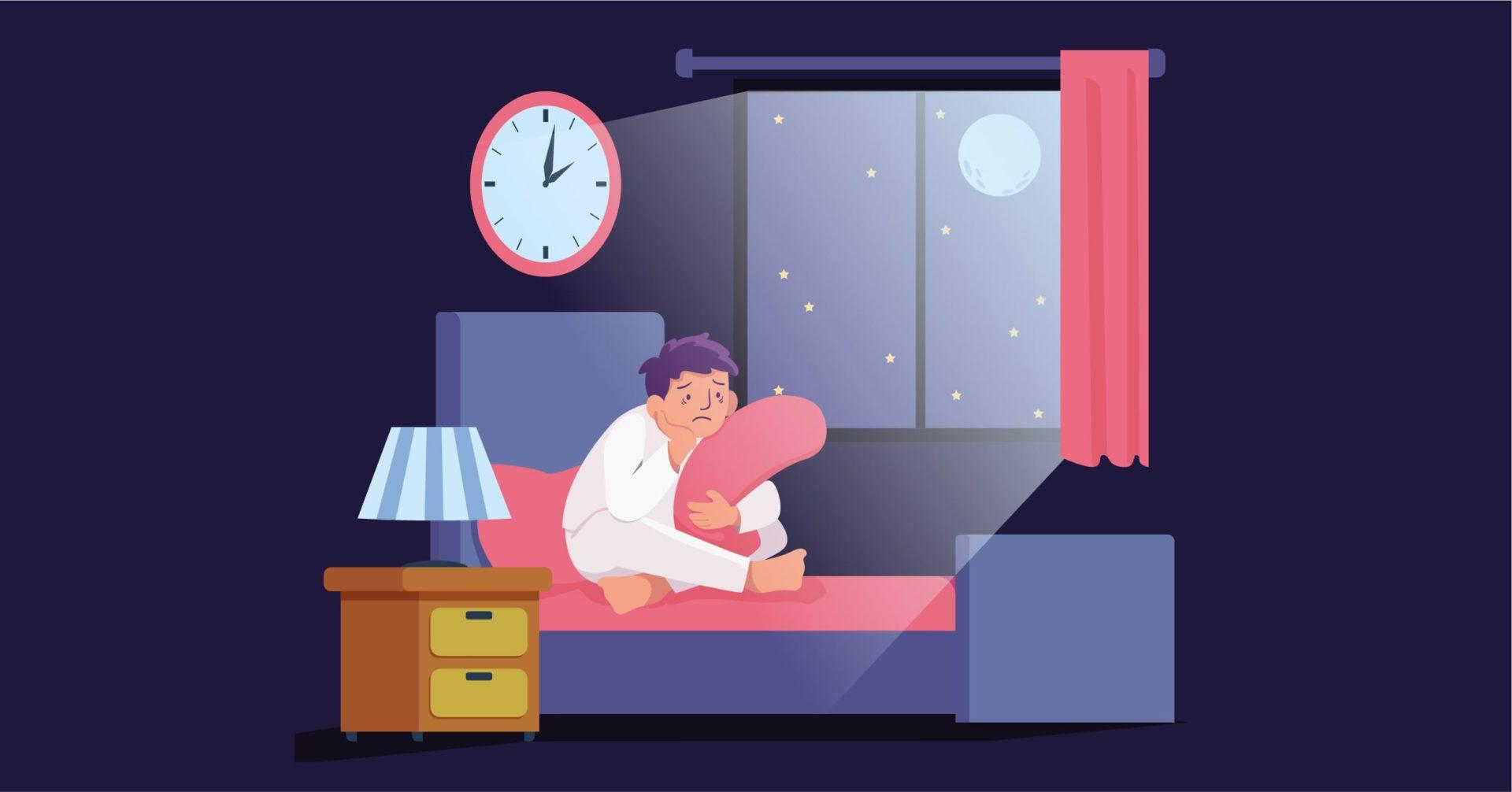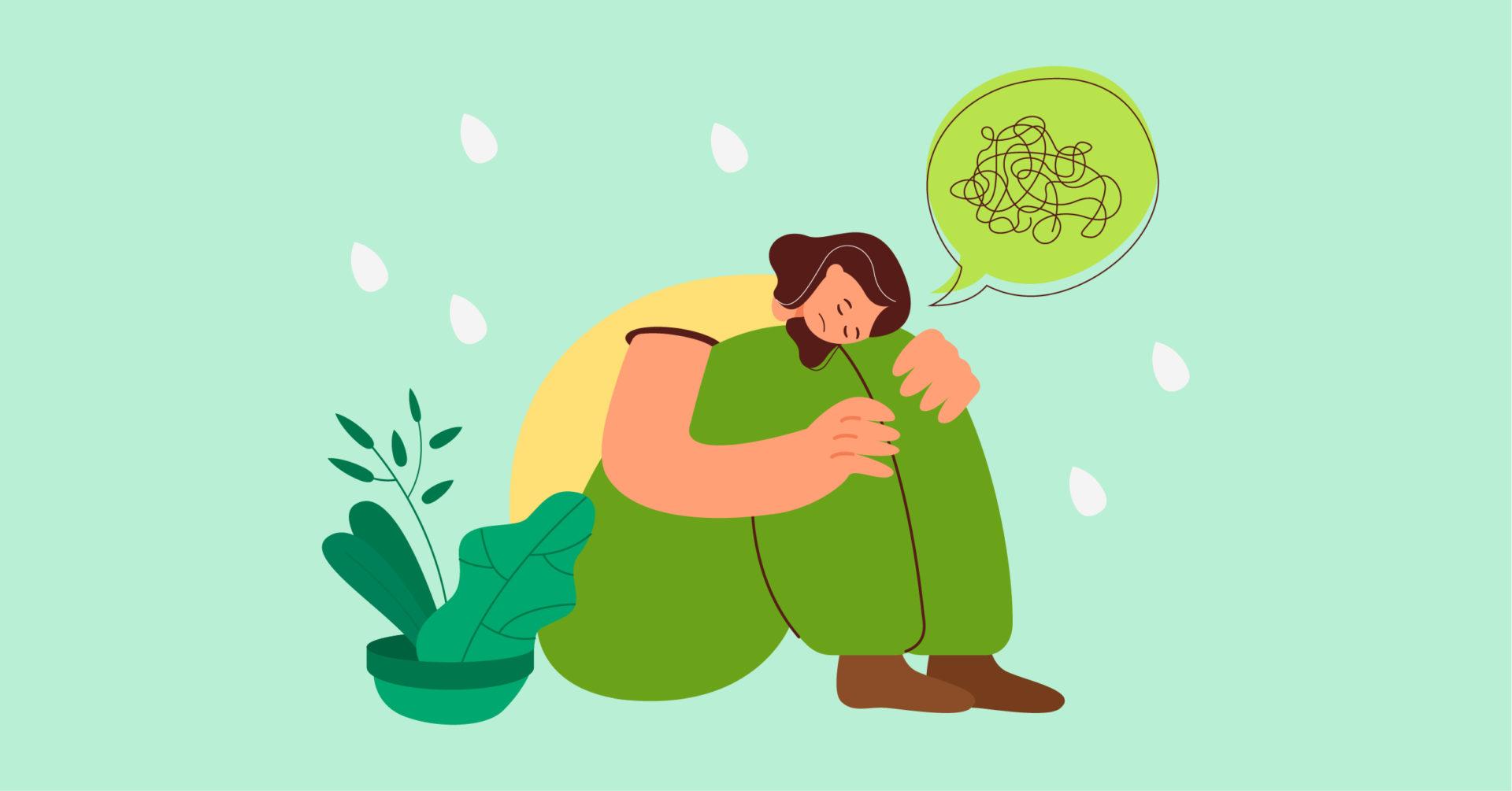Overview
Prion Disease is a neuropsychological disorder characterised by neurocognitive impairments. These impairments usually start around 67 years of age and get progressively worse over time.
It is caused due to transmissible agents called ‘Prions’. Several variants have been linked to the prions. Commonly known are Creutzfeldt-Jakob disease, variant Creutzfeldt-Jakob disease, kuru, Gerstmann-SträusslerScheinker syndrome, and fatal insomnia. Variant Creuzfeldt-Jakob disease is also known as “mad cow disease” as it is common in both humans and animals.
Neurocognitive degeneration can be seen when the person has difficulties in attention span, exhibits executive dysfunction, learning and memory, social cognition, etc.
In Prion disease, deficits can be seen in executive functioning, coordination and motor functioning. Executive functioning includes information processing speed, organisation of information and planning.
Motor function affected includes ataxia, dystonia and chorea. Startle reflexes are also common. Difficulties are seen in balance and coordination. Stooping posture is common. Muscle contraction and twisting of muscles (dystonia) is also common. Chorea, involuntary jerking and spasming of muscles is also noticed at later stages.
The disorder starts with some psychiatric symptoms such as low mood and anxiety, fatigue, problems with appetite, sleep issues and difficulty in concentration.
As it progresses over the months altered vision, motor dysfunction becomes apparent. Later stages, almost within a couple of months, symptoms of major NCD and dementia are present.
In Prion Disease, the deficits can be major or mild. This distinction is based on the impairment and the level of assistance required for the person to carry out day to day activities.
Major deficits mean greater impairment and assistance with most basic day to day activities while mild deficits mean lesser assistance and the person can carry out basic day to day activities.
Prion is a protein found in the brain cells. When this protein starts to clump abnormally it is known as Prion Disease. This may happen due to ingesting meat which was infected with mad cow disease or due to genetic transmission in people with strong family history. Using unsanitized and infected medical equipment can also transmit this group of diseases.
Common Signs and Symptoms
Common Signs and Symptoms include:
- Mood alterations causing depression, irritability or apathy.
- Motor dysfunction is seen when the individual has random muscle contractions known as dystonia, involuntary shaking of muscles known as chorea and other motor issues.
- Stooped posture and balance issues.
- Difficulty swallowing food, chewing and eating slowly, drooling.
- Constipation.
- Cognitive impairments where a person has difficulty planning, organising and processing information.
- In severe cases, they may need assistance with day to day activities.
Risk Factors
DSM-5 notes genetic and environmental risk factors for Prion Disease. It may be genetically transmitted down through family history.
Environmental risk factors include ingesting meat infected with bovine spongiform encephalopathy and using surgical equipment which is unsanitized and been used in patients with this disease.
Diagnosis
Diagnosis for this disorder is generally given by a neuropsychologist, neuropsychiatrist or a neurologist. Performance on neuropsychological test batteries as well as clinical examinations of cognitive functions is carried out to determine the severity of the disorder.
Brain imaging and cerebrospinal fluid testing are some medical procedures associated with the diagnosis of Prion Disease. Mostly an autopsy or a biopsy is carried out to test for Prion’s Disease.
To be diagnosed with Prion Disease, following criteria must be met:
- Neurocognitive dysfunction characterised by problems in executive functioning, language and memory. There may be hallucinations.
- Mood alterations causing depression, irritability or apathy.
- Motor dysfunction characterised by chorea, myonculus, dystonia, balance and posture issues, digestion issues, etc.
- Mood alterations causing anxiety, depression, irritability or apathy.
Neuropsychologists are required to rule out other medical conditions or substance use that may cause similar symptoms.
Treatment
The disease progresses quite rapidly. Hence finding treatment options can be difficult. Several animal trials have been conducted and are still understudy.
Treatment approaches in the past have included antiviral treatments, antidepressants and anticonvulsants. None of them had conclusive results. There may be multiple reasons for this ranging from diagnostic accuracy, rapid progression of the disease, differences in the cases of study, low number of participants, etc.
Treatment options are close to none and more research is warranted.
Differential Diagnosis
Other major neurocognitive disorders: Major NCD due to prion disease may appear similar in its course to other NCDs, but prion diseases are typically distinguished by their rapid progression and prominent cerebellar and motor symptoms.
Specialist
A neurologist, neuropsychologist or neuropsychiatrist are often referred to for treatment.





